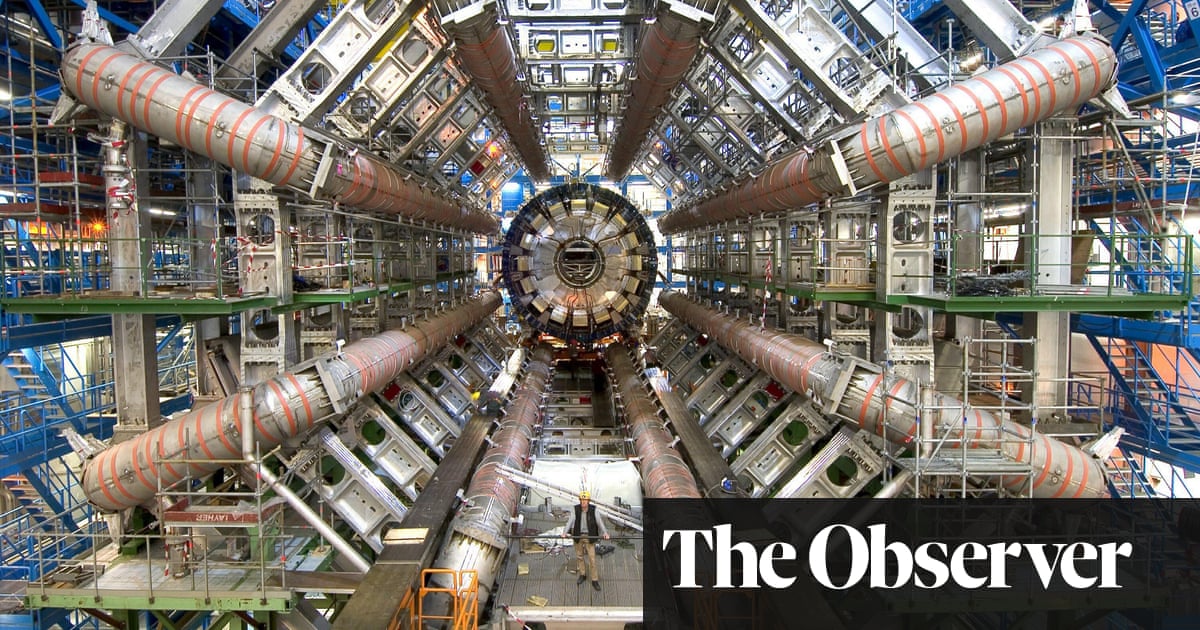
"The FCC project is an ambitious initiative aimed at accelerating subatomic particles to near light speeds, potentially uncovering clues about the universe's structure."
"Many physicists criticize the lack of consultation from CERN, arguing that the community should guide research priorities, not be dictated to by senior officials."
"Nature warns of a growing divide within the physics community, reflecting unprecedented tensions over resource allocation and research directions."
"CERN defends the FCC, claiming it offers an unparalleled opportunity for exploration in fundamental aspects of physics."
Scientists are progressing on plans for the Future Circular Collider (FCC), a massive $30bn machine intended to collide particles at high speeds to explore the universe's makeup. However, this ambitious endeavor faces opposition as many physicists fear it could monopolize funding for particle physics, sidelining other research initiatives. Critics claim that CERN is imposing this project without adequate consultation from the scientific community, leading to concerns about divisions within the field. While CERN argues for the FCC's unique scientific potential, debates continue over the future direction of particle research.
Read at www.theguardian.com
Unable to calculate read time
Collection
[
|
...
]